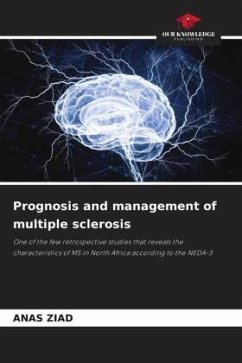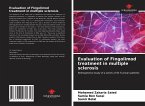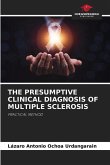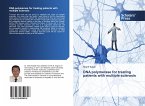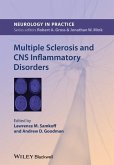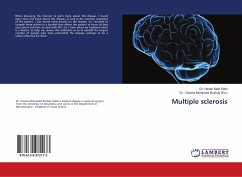The treatment of relapsing-remitting multiple sclerosis (RRMS) has evolved with the emergence of several new molecules. Thus, therapeutic objectives have become more ambitious, aiming at the absence of signs of disease activity (NEDA). NEDA-3 includes the absence of clinical disease progression (EDSS), the absence of relapses and signs of inflammatory activity on MRI. To date, data on NEDA as an assessment tool have come primarily from post hoc analyses of clinical drug trials, however less is known about the importance of NEDA in "real-life" clinical routine. Therefore, our study investigates the NEDA objective in a heterogeneous cohort of RRMS patients on different DMTs (mainly "off-label" treatments) and the factors influencing its failure.

